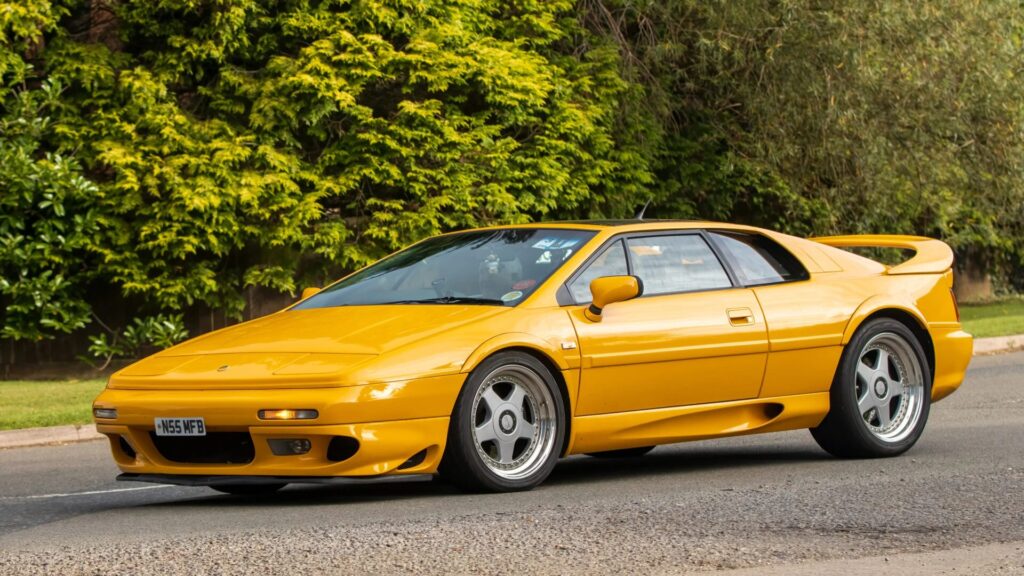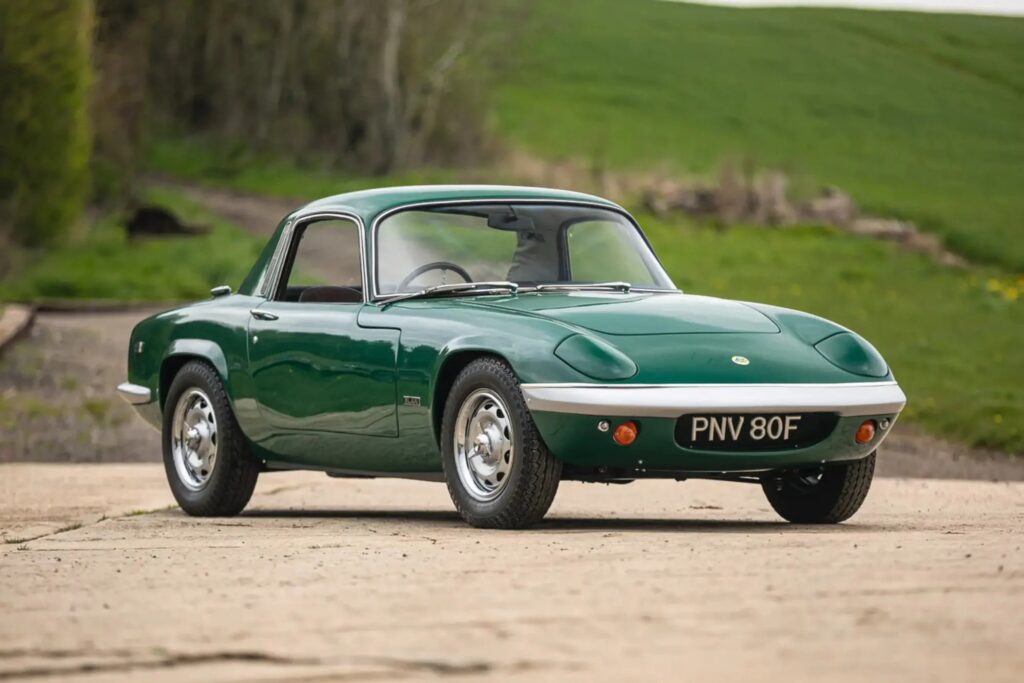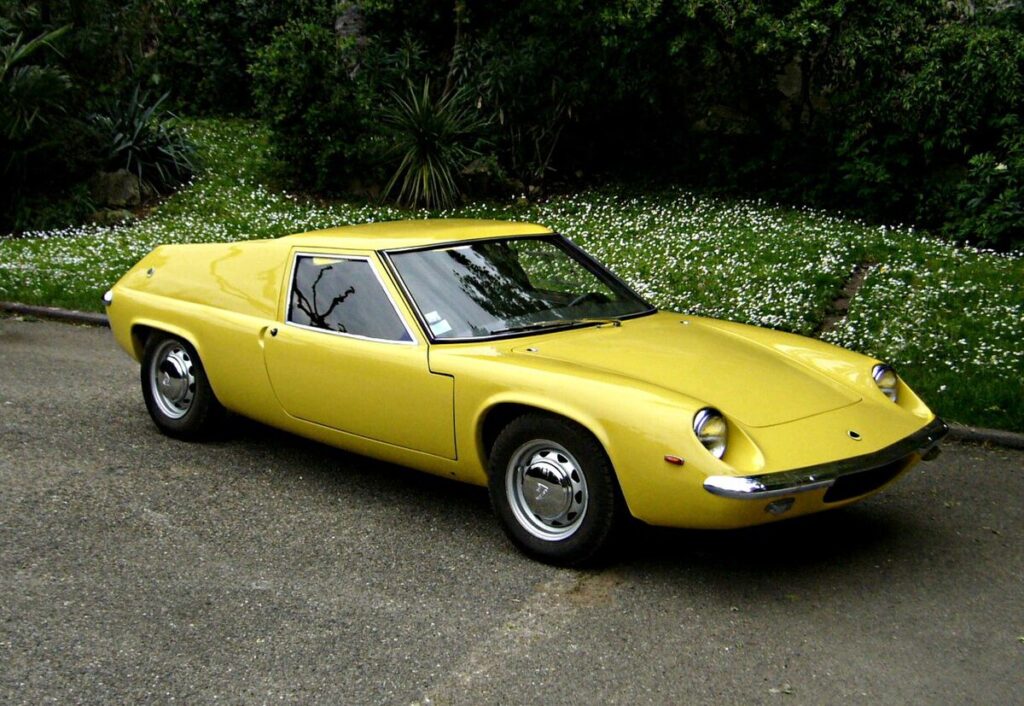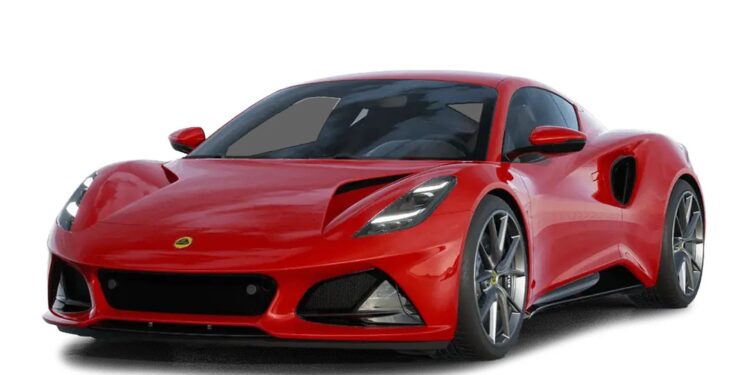British carmaker Lotus has announced it will cease production of its iconic sports cars at its historic Norfolk facility, placing around 1,300 jobs at risk and marking a profound shift in the firm’s manufacturing future.
The company confirmed this week that production of its Emira model—the last combustion-engine car it builds—will end by early 2027. From that point onward, Lotus will focus exclusively on electric vehicles, with all future models to be manufactured in China at its parent company Geely’s state-of-the-art facility in Wuhan.
The decision signals the end of more than seven decades of sports car craftsmanship at Hethel, where Lotus gained global recognition for producing lightweight, precision-engineered vehicles. Models such as the Elise, Esprit and Exige helped define British motoring performance and built a cult following across generations.



Lotus said the shift was essential to align with its long-term electrification strategy. CEO Qingfeng Feng described the move as “difficult but necessary”, pointing to scale, technology access and global logistics as driving factors. “We are building the future of Lotus as a leading global EV brand,” he said. The company insists it will retain a smaller engineering and commercial presence in the UK, with around 250 positions expected to remain.
But unions and local officials have reacted with alarm. Unite the Union called the decision “a betrayal” and vowed to push for alternatives that would keep production in Britain. Norfolk County Council leaders described the announcement as a devastating blow to the region’s industrial base. Many of the at-risk employees are skilled workers with decades of service at the plant.
The timing adds further strain to Britain’s automotive sector, which is already facing challenges from rising costs, Brexit-related trade issues, and fierce global competition in the electric vehicle space. While the UK government has pledged to support domestic EV manufacturing, critics say it has not done enough to retain core industrial capacity or compete with subsidies in the US and EU.
Lotus has undergone a dramatic transformation since Geely took a majority stake in 2017. Its pivot toward the luxury electric segment has led to new models such as the Eletre SUV and the forthcoming Type 133 saloon—both built outside the UK. While global expansion may secure the company’s profitability, it is doing so at the cost of its British manufacturing roots.
For many, the end of UK sportscar production at Lotus represents more than a business decision—it closes a chapter of national engineering heritage. The Emira, poised to be the final petrol-powered car built at Hethel, may soon carry symbolic weight as the last of a proud lineage.
REFH – newshub finance











Recent Comments